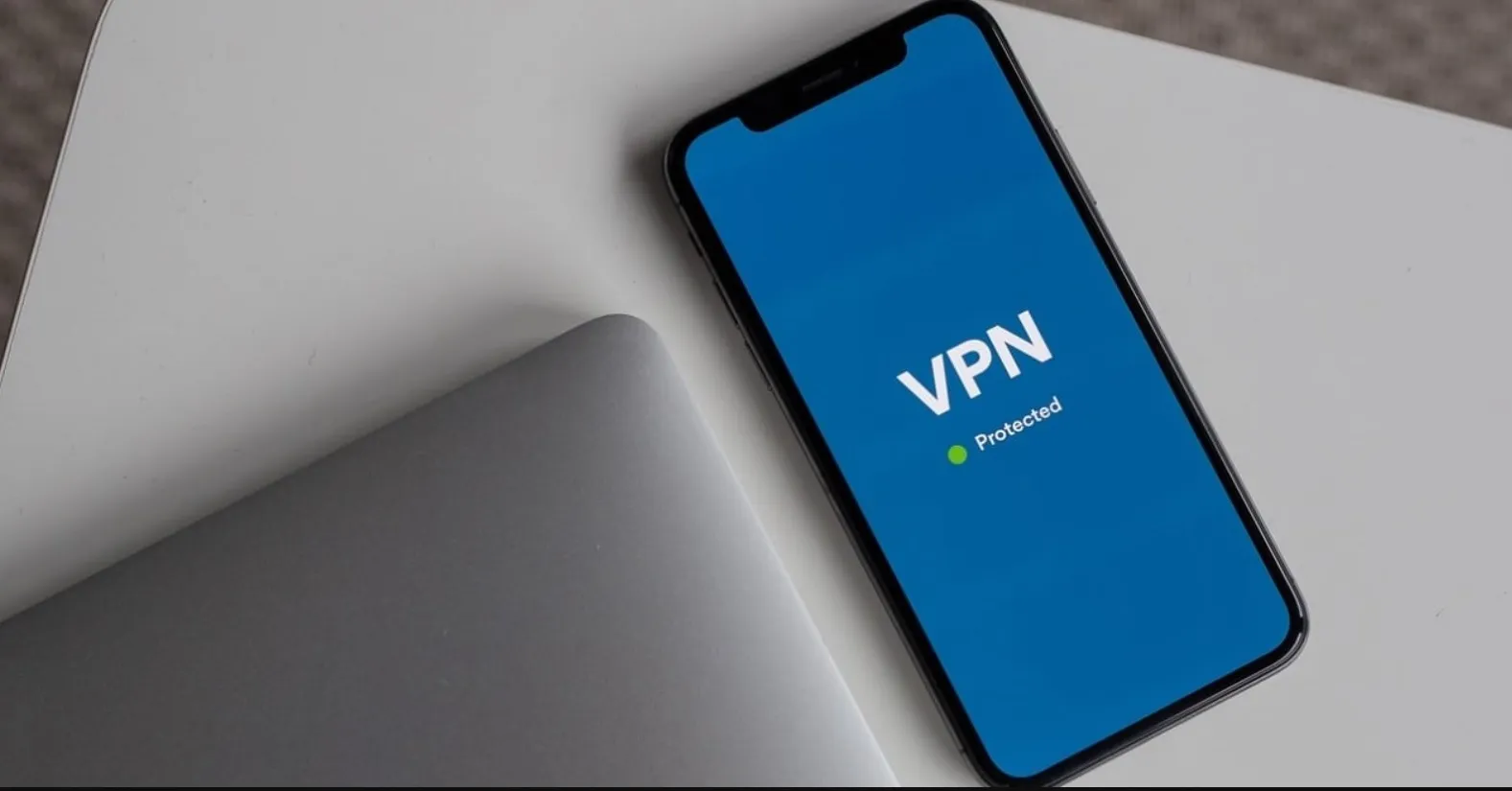If social networks such as TikTok, Facebook or Instagram were physical places, most of the children wouldn’t be there. Online hazards exist. They are real but children use social networks even more than adults. Nowadays children above 13 can create a social network account, but there are users below that age. They use accounts without identification validation and there are several dangers they exposed themselves to.
In this guide we explore the most common risks children face in social networks. We also introduce some tips and alternatives to avoid danger for children in Facebook, TikTok, Instagram or other social network apps.

What do children do in social networks
The company Express VPN published a survey from more than 2.000 children between 4 and 13 years old living in USA and United Kingdom with Internet access. They also surveyed parents and tutors to get information about the use of social networks in their daily life. The research sheds light about the frequency of children Internet use globally as well as the risks and dangers they face. It also shows information about parents decisions about social network boundaries.
Parents and social network accounts
According to the survey, parents let their children from 4 to 13 to open accounts in the main social networks in a low percentage. 29% of the parents in USA and 21% in United Kingdom. But more than 60% of the children confirmed they use social network. The average time of a session is of 28 minutes.
Inasmuch as children grow, they spend more time in social network apps. The average time of social network usage in a 13 years old teenager is 45 minutes per day. When asked about what their children do on Facebook, Instagram or TikTok, most parents said they supervise social networks at least for a year. The control frequency depends on each type of parent. 54% of the parents said that they monitor their children activity in detail.
About the activities children do when online, 87% of the parents allow the children to watch Netflix, YouTube and similar platforms. More than 80% allow their children to play online and 28% see it ok for children to read Internet articles.
A worrying detail is that only a small amount of parents allow their children to have social network accounts. So the vast majority of children in social networks apps do it without any kind of supervision. They are more vulnerable to risks and dangers online.
Danger for children in social network accounts
Cyberbullying, privacy invasion, depression and sexual predators are some of the risks social network poses for children. The bullying through social network apps is one of the most worrying situations according to the research. Sexual harassment is the second most worrying danger for parents and also offensive videos, photos, blackmail or intimidation. 32% of the parents claim they are afraid of strangers asking personal information about their children.
Children express they are afraid of scary videos and photos. The most disturbing information is that more than 17% of the children said that they talked with strangers and have been asked to which school they go. 14% also stated that they were asked their home address.
The ranking in USA of most negative experiences in social networks for children are (more to less bad experiences):
- YouTube
- TikTok
- Roblox
In United Kingdom the ranking is:
- Roblox
- YouTube
- TikTok
- Fortnite
The survey also indicates that children usually lie about their ages in social network accounts. 1 of 4 children do this. 1 of 6 has lied about their address or location, what they have been doing or their looks. Children lying in social network can be seen as a good aspect. It reflects that they recognize the need of privacy and protection. However, it can also mean that they are trying to adapt to social network rules. The key is to teach how to properly use Internet to youngsters.
The best tips to prevent danger for children in social network
Knowing the dangers children face, to properly teach them is a need. More children are exposed now to Internet and social networks than in the past. The following tips can help you to guide and protect your children when online.
Install parental control
The parental controls are one of the best ways to control what our children do on Internet. These software solutions can limit the Internet use time, the contents they are allowed to watch as well as manage online content. You can use parental controls to create specific filters according to the ages of your children.
You can block certain apps, set a time table for using Internet and restrict Internet browsing. It’s important to set parental controls in each device the children use.
Avoid being friends with strangers
Parents have to talk with the children about strangers online and how to avoid them. Children need to know how to distrust people behind a screen. If they don’t know the person they are talking to, it’s better to stop chatting.
- People uses Internet to create false profiles.
- Never share personal information nor location information.
- Know about the dangers of messaging apps and web chats.
- If a stranger asks to meet them, inform the parents.
- It’s not real to meet someone in real life if you haven’t seen him before.
Communication parent – child
The best way to avoid the social network danger for children is to talk. Communication between parent and child is the key to any situation on the Internet. The children should share if they received a strange message or email, and also if someone bothers them in Roblox, TikTok or any other platform. If parents are informed, they can prevent the danger to materialize.

Use a VPN
Private networks let you redirect the traffic online through a secure tunnel. When you use a VPN your information is ciphered and more secure. Your public IP is also different so hackers can’t steal your children information. Some VPNs nowadays include parental controls to filter inadequate content for a child.
The parental control in VPN is also a good solution for Internet restrictions when you don’t have parental control in all the devices. It’s another alternative to secure your children Internet navigation.
Create user names with no personal data
When your children create social network accounts they must not use their real names or surnames. They also should avoid their age. The idea is to create a user name as anonymous as possible. When giving too much information the children make themselves an easy targets for bullies or stalkers.
The user name in a social network for children should be as different for the children real persona as possible. That way they won’t be easily spotted by predators.

